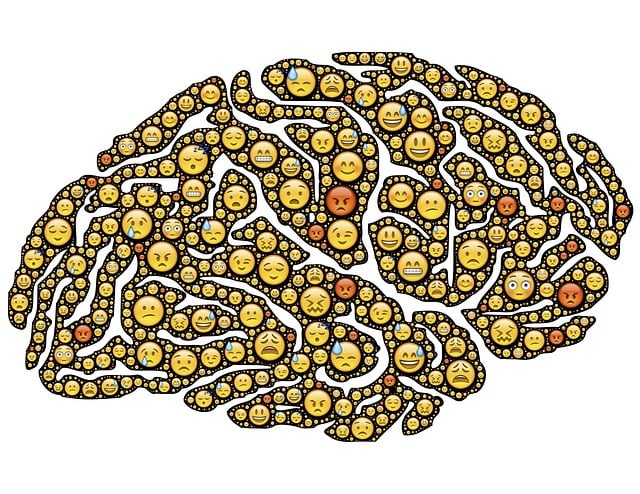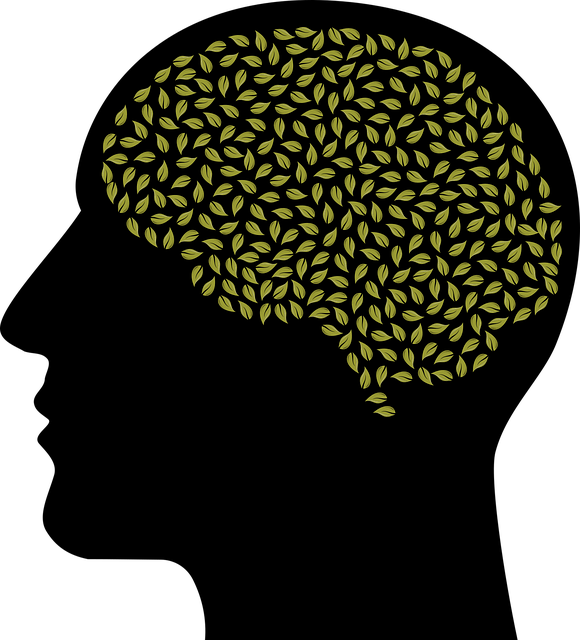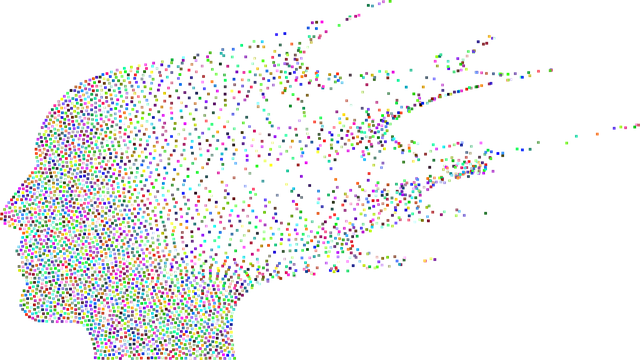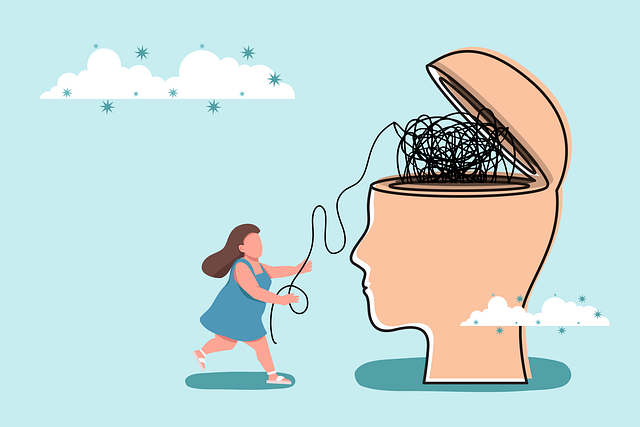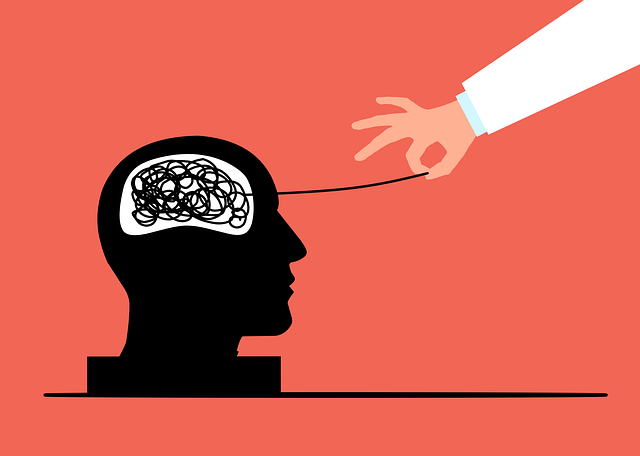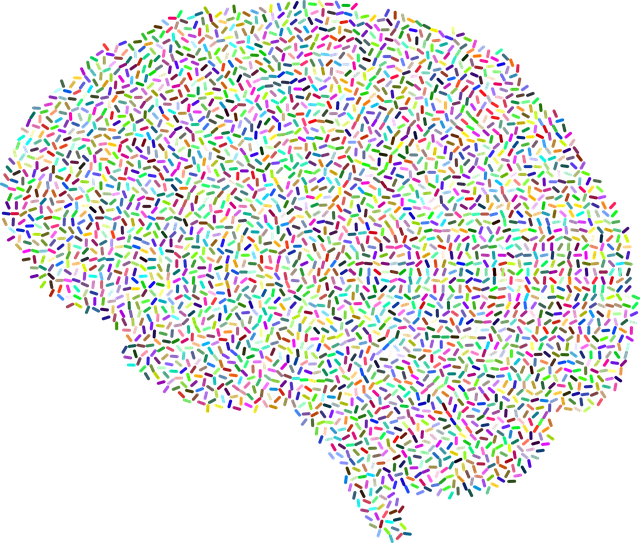Mental illness stigma, caused by misunderstanding and misinformed beliefs, isolates individuals with conditions like functional neurological disorders (FNDs), leading to prolonged suffering, reduced quality of life, and increased suicide risks. Northglenn Functional Neurological Disorder Therapy (NFNT) offers a holistic approach integrating mindfulness, cognitive-behavioral therapy, and stress management to improve self-esteem and promote mind over matter principles. Education, advocacy groups, and media representation play crucial roles in combating stigma through awareness campaigns, workshops, and positive portrayals, ultimately encouraging empathy, early intervention, and access to care like NFNT.
Mental illness stigma remains a significant barrier to treatment and recovery. This article explores targeted efforts to reduce stigma, highlighting crucial strategies like education, advocacy, and media representation. We delve into the profound impact of societal perceptions on individuals affected by mental health conditions, offering insights from Northglenn Functional Neurological Disorder Therapy’s holistic approach. By examining these components, we aim to foster understanding and support for those navigating mental illness.
- Understanding Mental Illness Stigma: Its Impact and Roots
- Northglenn Functional Neurological Disorder Therapy: A Holistic Approach
- Education as a Powerful Tool for Stigma Reduction
- Advocacy and Support Groups: Fostering Community
- Media Representation and its Role in Shaping Public Perception
Understanding Mental Illness Stigma: Its Impact and Roots

Mental illness stigma is a pervasive societal issue with deep-rooted causes and significant consequences. It often arises from a lack of understanding and misinformed perceptions, leading to discrimination and exclusion of individuals living with mental health conditions. Stigma can manifest in various ways, from subtle discrimination in social settings to overt rejection by family and friends. This harmful attitude perpetuates isolation, exacerbates symptoms, and hinders access to essential care, including Northglenn functional neurological disorder therapy.
The impact of stigma is profound, affecting not just individuals but also their families and communities. It can contribute to prolonged suffering, reduced quality of life, and even increased suicide rates. Efforts to reduce mental illness stigma are crucial in fostering an environment that promotes support, empathy, and early intervention. This includes adopting effective stress reduction methods like mindfulness meditation as well as cultivating cultural sensitivity within mental healthcare practices.
Northglenn Functional Neurological Disorder Therapy: A Holistic Approach

In Northglenn, a pioneering approach to mental health treatment is gaining traction—the Northglenn Functional Neurological Disorder Therapy (NFNT). This holistic therapy goes beyond traditional methods by addressing not just symptoms but the underlying causes of neurological disorders. The program emphasizes the interconnectedness of physical, emotional, and mental well-being, offering a comprehensive solution for individuals struggling with functional neurological disorders.
The NFNT incorporates various therapeutic techniques, including mindfulness practices, cognitive-behavioral therapy, and stress management strategies. By focusing on self-esteem improvement and cultivating mind over matter principles, this approach empowers patients to take control of their mental health journeys. Public awareness campaigns development has played a pivotal role in normalizing conversations about neurological disorders, fostering an environment where individuals feel encouraged to seek help without fear of stigma.
Education as a Powerful Tool for Stigma Reduction

Education plays a pivotal role in dismantling the stigma surrounding mental illness, including conditions like functional neurological disorders (FNDs). By integrating Northglenn Functional Neurological Disorder Therapy into educational curricula and community workshops, individuals can gain a deeper understanding of these often-misunderstood conditions. This knowledge breaks down misconceptions and promotes empathy, fostering an environment where those struggling with FNDs feel supported rather than stigmatized.
Through Depression Prevention and Emotional Healing Processes, educational initiatives teach self-awareness exercises that encourage open conversations about mental health challenges. This proactive approach not only reduces stigma but also empowers individuals to seek help early on, potentially preventing more severe outcomes. By equipping people with the knowledge and skills to recognize and support one another, these education efforts contribute to a more inclusive and compassionate society where mental illness is met with understanding rather than judgment.
Advocacy and Support Groups: Fostering Community

Advocacy and support groups play a pivotal role in reducing the stigma surrounding mental illness. These communities provide a safe space for individuals struggling with various conditions, including those seeking Northglenn Functional Neurological Disorder Therapy. By coming together, they foster an environment of understanding and empathy, where personal stories can be shared without fear of judgment. This collective experience helps to dispel myths and misconceptions, fostering a more compassionate society.
Additionally, these groups often organize campaigns, workshops, and educational initiatives to raise awareness about mental health issues. Through social skills training and community outreach program implementations, they empower individuals to take charge of their emotional healing processes. By supporting one another, these advocacy networks create a powerful force for positive change, breaking down barriers and promoting acceptance for all.
Media Representation and its Role in Shaping Public Perception

Media representation plays a pivotal role in shaping public perception about mental health, including disorders like Functional Neurological Disorder (FND). Positive and accurate portrayals in films, TV shows, and news media can significantly contribute to stigma reduction by fostering empathy and understanding among the general population. Northglenn Functional Neurological Disorder Therapy centers recognize this impact and often work closely with media outlets to provide educational content that challenges stereotypes and presents real-life experiences of individuals living with FND.
By showcasing stories of resilience, recovery, and inner strength development, these efforts aim to dispel myths and reduce the stigma associated with mental illness. This strategy not only helps in gaining public sympathy but also encourages those struggling with anxiety relief or other mental health challenges to seek help without fear of judgment. The goal is to create an environment where open conversations about mental health are encouraged, leading to better support systems and improved access to appropriate therapy, such as that offered at Northglenn Functional Neurological Disorder Therapy centers.
Mental illness stigma, a pervasive societal issue, can be addressed through multifaceted efforts. By combining holistic therapies like Northglenn Functional Neurological Disorder Therapy with educational initiatives, advocacy groups, and responsible media representation, we can create a more inclusive society. These collaborative strategies not only reduce the negative impact of stigma but also foster understanding and support for those navigating mental health challenges.



